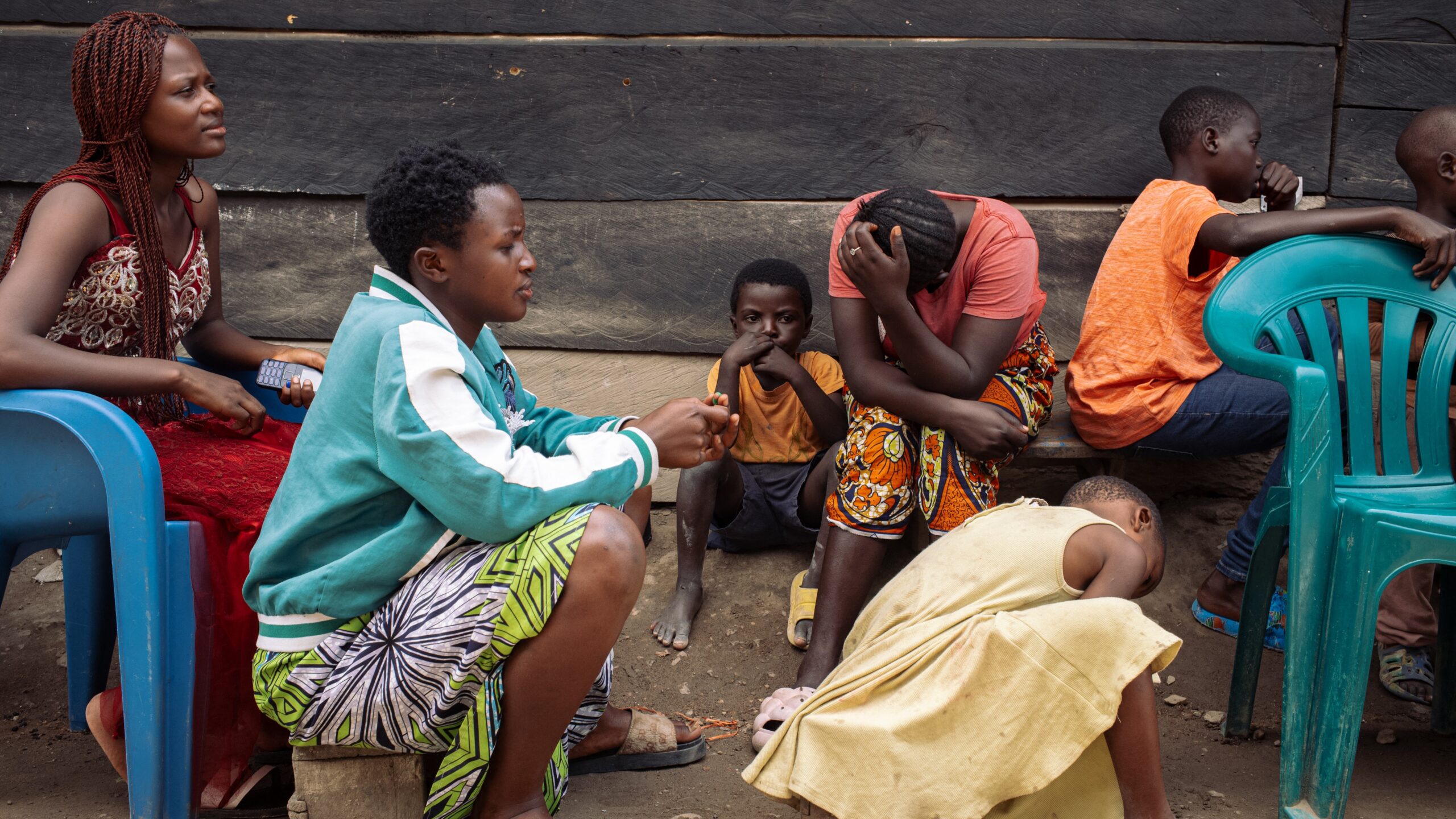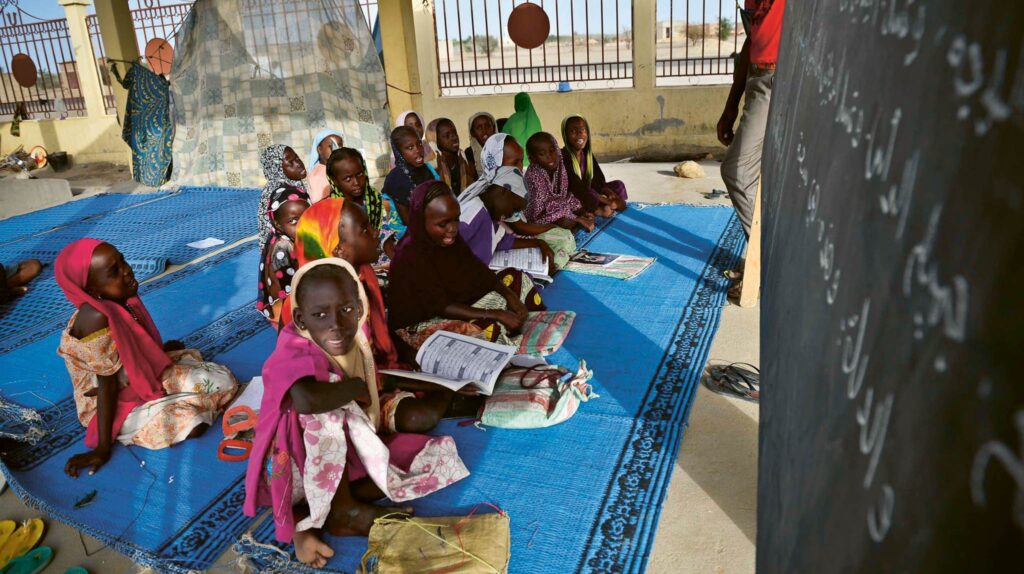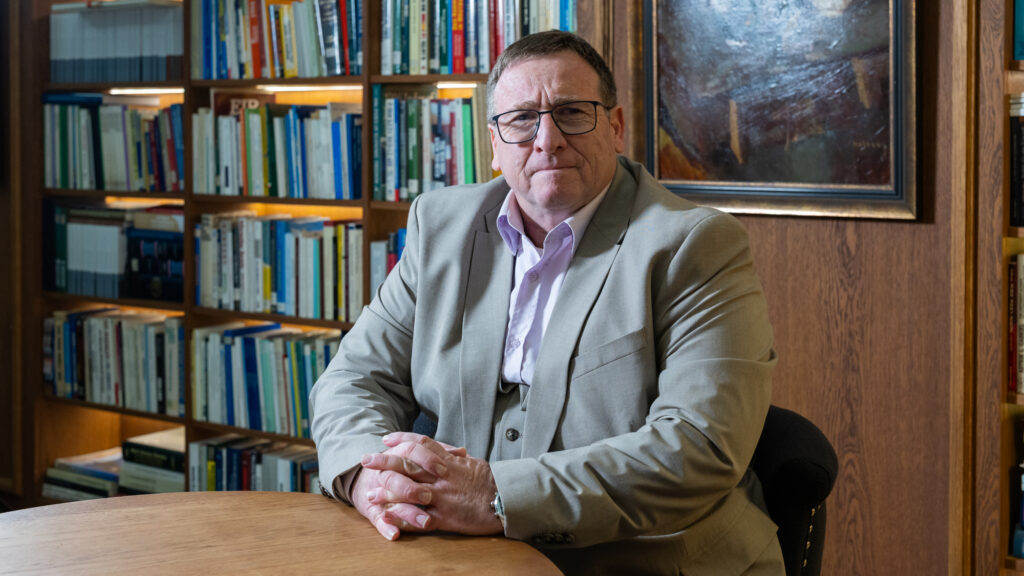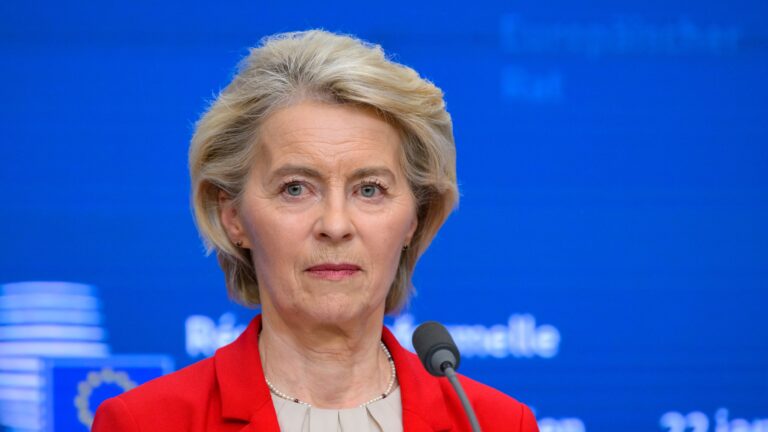On Sunday, 27 July, in the eastern part of the Democratic Republic of Congo’s Ituri province, more than 40 Christians were killed during a prayer vigil at the Catholic Church of Blessed Anuarite. Islamic jihadists stormed the church and opened fire on worshipers, including 15 women and nine children. This attack followed an earlier assault just hours before in the nearby village of Machongani, where five people were killed and homes were razed.
The attacks in Komanda town in the conflict-battered region were carried out by the Allied Democratic Forces (ADF), a rebel group backed by the self-proclaimed Islamic State that has mostly targeted villagers in eastern Congo and across the border in Uganda.
While the militants have been pushed out of Uganda’s territories and now operate in the borderlands between Uganda and Congo, they have grown into a strong and brutal force, often targeting civilians in remote villages.
This past February, the AFD decapitated 70 worshipers in a Protestant church in the town of Kasanga, in the Lubero Territory in the province of North Kivu.
An Anthropological Explanation
In Africa, a multitude of coup d’états, counter-coups, and deep-seated tensions during the 1950s and 1960s arose from the power struggle between the United States and the former Soviet Union during the Cold War. This ideological conflict soon evolved into resource wars and widespread economic deprivation, often exploited by Islamist movements.
Similarly, it can be argued that Islam—which had been largely dormant after Mustafa Kemal Atatürk secularized Turkey and abolished the caliphate, thereby ending the 13-hundred-year political lineage of the Prophet Muhammad—was reawakened by the events of the Six-Day War in 1967, when Israel suddenly occupied East Jerusalem, the West Bank, the Gaza Strip, the Golan Heights, and the Sinai Peninsula.
Historically speaking, African notions of the state have been rooted in colonial legal frameworks, which established political control by dominant groups. This, according to Ugandan expert and professor at Columbia University Mahmood Mamdani, contributed to the politicization of culture, religion, and indigeneity—to the exclusion of subservient and minority communities.
‘Historically speaking, African notions of the state have been rooted in colonial legal frameworks, which established political control by dominant groups’
The failure of African states to properly address their racial, ethnic, cultural, religious, and economic differences provided a fertile ground for rebel groups, like al-Qaeda in Islamic Maghreb, Boko Haram, al-Shabaab, al-Mulathameen Brigade, and now the ADF to prosper.
The ADF traces its roots to Uganda in the 1990s, following the overthrow of long-time dictator Idi Amin in 1979. Formed in 1995, the ADF emerged from a coalition of rebel groups, including the Uganda Muslim Liberation Army and the National Army for the Liberation of Uganda (NALU), with the aim of opposing President Yoweri Museveni’s administration. Museveni, who has been in power since 1986, is often perceived as being anti-Muslim.
Initially, the ADF established bases in western Uganda before relocating to the Democratic Republic of Congo—then known as the Republic of Zaire—where they received support from the Sudanese government, which had its own grievances against Museveni.
The ADF’s leader, Jamil Mukulu, was born a Christian but later converted to Islam and adopted Salafist ideology while studying in Saudi Arabia. Upon returning to Uganda, he joined the National Army for the Liberation of Uganda (NALU). His leadership played a central role in uniting various jihadist groups under a shared goal of establishing an Islamic state, leading to the formation of the ADF in 1995. As part of their campaign, the ADF kidnapped and forcibly recruited hundreds of children as soldiers, with some trained to become suicide bombers.
In recent years, the ADF has been linked to ISIS and has referred to itself as Madina at-Tauheed Wau Mujahideen—meaning ‘City of Monotheism and Holy Warriors’.
Yet the problem in the aforementioned case is not radical Islam or ‘Islamism’, as apologists hold, but Islam itself.
The Problem Is Islam
As explained in a previous article, the entire history of Islam demonstrates that as Muslims grew in power, so did their violent tactics. We see this during the last nine to ten years of Muhammad’s life, when he ‘personally participated or deputized eighty-six battles: an average of nine-plus battles a year, and they culminate[d] in intensity until he die[d].’ One can logically conclude that Islamic terrorist groups, like ISIS, Hamas, and the ADF, are merely following in the footsteps of their prophet.
The problem inherent in Islam goes beyond the violence committed by Muslims in its name. There are also the horrors of underage girls being forced to marry much older men. While civilized society is rightly abhorred of the sex trafficking of underage girls by Jeffrey Epstein and Ghislaine Maxwell, Islam presents a different conjecture.
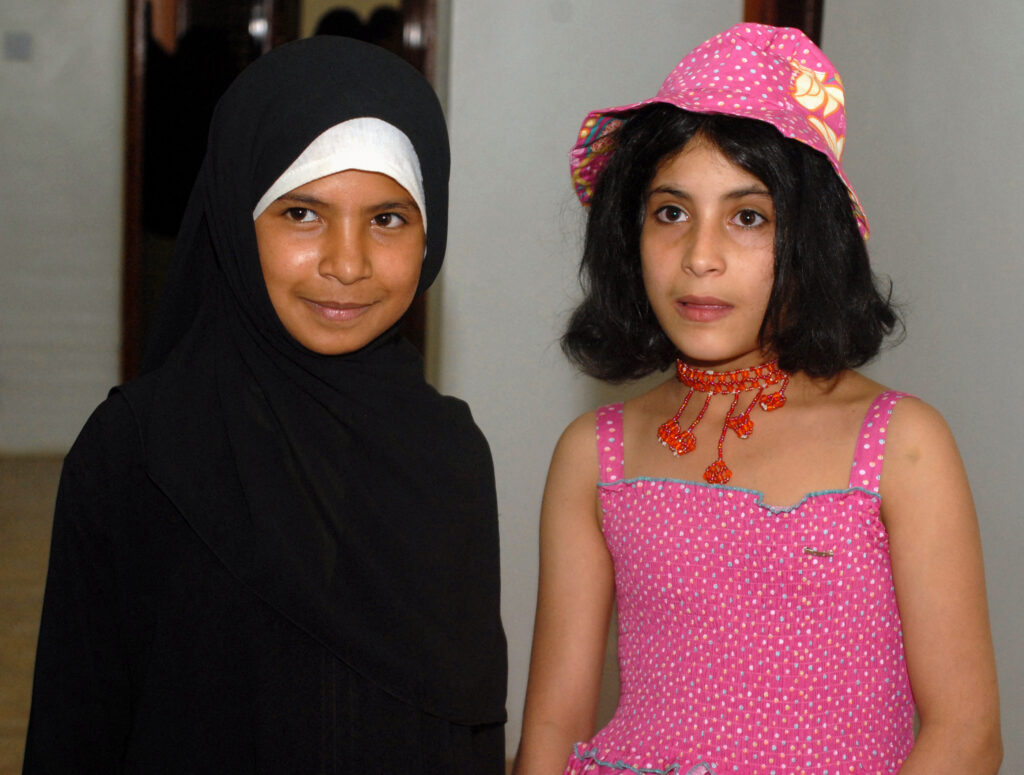
In many Islamic countries, for example, girls as young as nine can be married to men decades older than them. This is not ‘Islamism’: it is Islam. Islam allows child marriage, that is, parents of Muslim children are allowed by Allah to convene their minor child’s wedding contract (kitab al-nikah) even when the latter has not attained puberty, with cohabitation and consummation delayed till after both children attain or pass puberty, i.e., technically become adults when attaining sexual maturity or puberty.
This wedding contract can be carried out by the parents even without the said child’s knowledge or consent.
‘And those who no longer expect menstruation among your women—if you doubt, then their period is three months, and [also for] those who have not menstruated. And for those who are pregnant, their term is until they give birth. And whoever fears Allah—He will make for him of his matter ease.’ (Sura 65, 4)
In this verse, Allah states that for girls who do not menstruate—because they are young and have not yet reached puberty—the Iddah (waiting period a woman must observe before she can remarry after a divorce) is three months. This clearly indicates that it is permissible for a young girl who has not started her periods to get married.
The prophet of Islam Muhammad married Aisha when she was six or seven and consummated the marriage when she was nine. And this is not something that is fictional but factual, according to the Islamic texts Muslims hold sacred. As detailed by Sahih Muslim, Book 8, hadith 3311:
‘Aisha reported that Allah’s Apostle married her when she was seven years old, and she was taken to his house as a bride when she was nine, and her dolls were with her; and when he [the Holy Prophet] died she was eighteen years old.’
The Shi’ite Muslims sustain that, as per Al-Kulayni, Al-Kafi, Vol. 7, 388, hadith 12:
‘The Prophet entered upon ‘A’ishah when she was ten years old, and that one does [not] enter [upon] a jaariyah [girl] until she became a woman.’
The reasoning is that if the ‘prophet’, the most perfect of humans, married his bride when she was six or seven, it must be acceptable for Muslim men to marry pre-pubescent girls. Pretending that this practice is peripheral to Islam is as helpful as saying how Islamic militants misrepresent the Islamic faith when they kill in its name. All one has to do is look at the 14-hundred-year history of Islam and the texts that continue to inspire Muslims to kill in the name of Islam.
As former Muslim and podcaster for free speech Obaid Omer explained, words like ‘Islamism’ or Islamic radicalism are used by apologists to downplay the effects of Islamic teaching and practice.
‘My own family and their close friends are moderate Muslims by any measure. Yet they certainly believe in Islamic supremacy. As I grew up, they often told me that Islam would eventually spread across the whole world, and everyone would become Muslim…If you call that belief “Islamism”, which you see as an extreme version of Islam, you will have little hope of understanding how Muslims like my family see the world.’
‘The problem here is not a subset of Islamic thought, but the fundamentals of Islam itself…Theocratic governments,’ Omer says, ‘like those in Pakistan, Iran, and Afghanistan are not “Islamist”. They are Islamic. They pass laws and institute policies that conform to Islamic teaching.’
Until this is acknowledged by the politically correct West, there is little hope, if any, that the Islamic problem will go away.
The views expressed by our guest authors are theirs and do not necessarily represent the views of Hungarian Conservative.
Related articles:

